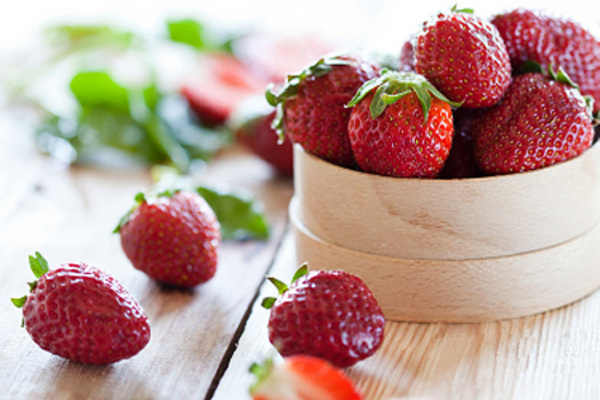With the school bell about to sound in a few short weeks, it’s time to start thinking about healthy lunches and snacks your kids will actually eat. Let’s face it, when it comes to healthy nutrition, we need to find options that are both nutritious and delicious. Foods that are filled with refined flours, sugars and calories create feelings of fatigue, a “food fog” and even hyperactivity (not the best scenario when trying to learn in a classroom setting).
Whether your child is starting preschool or stepping foot into his or her high school year, the food tips below offer foolproof methods to optimize your child’s nutritional intake and support overall brain health.
Tip #1: Load them up with fat
Did you know 60% percent of your child’s brain is comprised of fat? Your child needs the “good fat” to help support brain function and increase focus. Fats that are key for brain health are the essential fats called omega 3 essential fatty acids. These fats can be found in nuts, seeds, leafy greens, and cold-water fish. In order to increase the level of omega 3 in your child’s diet, I recommend:
- Adding walnuts to morning yogurt or salad
- Mixing chia seeds or hemp hearts into a healthy breakfast cereal
- Buying more foods that are omega 3-fortified such as omega 3 bread and eggs
- Eating cold water fish such as salmon or tuna
- Supplementing with a high quality fish oil supplement (either flavoured-chewable if your child cannot swallow pills, or encapsulated)
- When baking (i.e. banana bread) add ground flaxseed into the recipe to boost the omega 3 value. For a delicious spelt banana bread recipe, click here
Tip #2: Get your kids to eat their greens
Spinach, broccoli and kale are filled with folate vitamins – a B vitamin which is used to manufacture memory cells in the brain. Folate is linked to brain health and a lower chance of getting dementia later in life. Whether you make kale chips, blend spinach into a smoothie, or pour a little cheese sauce over broccoli – the more greens the better!
Tips # 3: Opt for oatmeal
Oatmeal contains protein and “fill-me-up fibre” – the perfect option for breakfast. In fact, one study shows that children who ate oatmeal for breakfast performed better on memory-related tasks vs. those who ate a sugary cereal for breakfast. Choose slow-cooking oatmeal and top with blueberries, raspberries, sliced bananas, or mix in some flaxseed, chia seeds, or hemp hearts. Offer your child a small amount of maple syrup or coconut sugar to sweeten up their oatmeal a bit.
Tip #4: Keep those berries coming
Foods such as blueberries and strawberries are appropriately named “superfoods” as they are extremely high in anti-oxidants, which support brain health. Pack berries for lunch, blend into a smoothie or add into a whole grain pancake. These nutritionally sweet superstars are loved by young and old.
Tip #5: Pick whole grain options
Whole grains are rich in B vitamins that have been shown to improve mental alertness and focus. Sprouted grain bread, whole grain rye bread, and whole grain bagels tend to be the favourites in our home! You can also make French toast with whole grain bread.
More food facts for the brain:
- Research shows breakfast eaters do far better academically than those who skip breakfast.
- Eating foods that are high in sugar for breakfast sets your child up for a “food crash” midday or prior to lunch. Become a food label reader and avoid sending highly-sugared foods or those high in refined flours.
- Even a mild state of dehydration can make a child feel lethargic and irritable. Regular water intake will help your child feel more alert, less fatigued, and will prevent any constipation issues.
Courtesy of: Dr. Joey Shulman
www.drjoey.com
@drjoeyshulman

